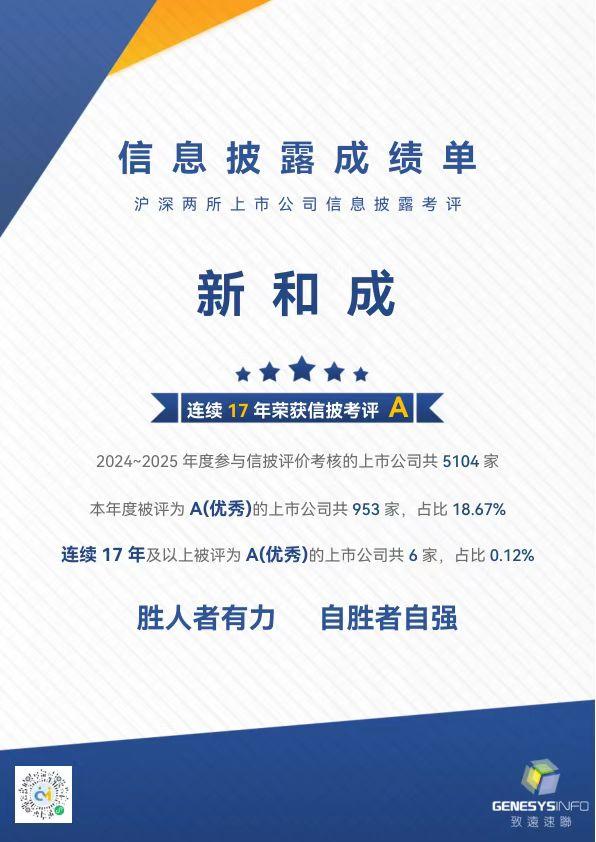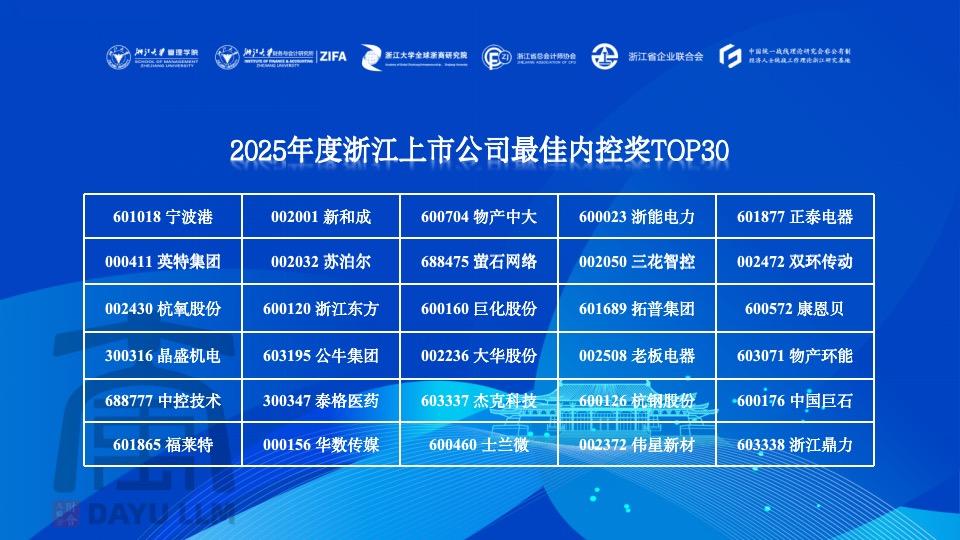 Time:2022-03-19
Time:2022-03-19
NHU is committed to continuously improving product energy efficiency and reducing carbon footprint throughout the product lifecycle. We start from the very beginning, the innovation and R&D of energy-saving technologies. Studies show that low-protein diets can significantly reduce fecal nitrogen excretion. Every 1% reduction in the intake of crude protein can reduce the excretion of ammonia by 10%, dietary crude protein by 2%, and nitrogen by 16%. Adding our methionine products to animal feed can balance daily ration of amino acids and reduce crude protein level. It helps to significantly reduce nitrogen excretion, cut greenhouse gas emission, and effectively improve the breeding environment without compromising animal production performance.
On December 4th, the 25th Fine Chemical Industry (Ningdong) Conference opened in Ningxia, where multiple rankings—including the 2025 China Top 100 Fine Chemical Companies—were officially released.
View details

The Shenzhen Stock Exchange recently released the results of its 2024–2025 information disclosure assessment for listed companies. Thanks to our well-regulated operations and high-quality disclosure practices, NHU once again received the top “A” rating.
View details

On November 20, at the 9th Forum on Enterprise High-Quality Development and Management Innovation held at Zhejiang University, we were once again honored with a place on the “2025 Top 30 Zhejiang Listed Companies for Best Internal Control”.
View details